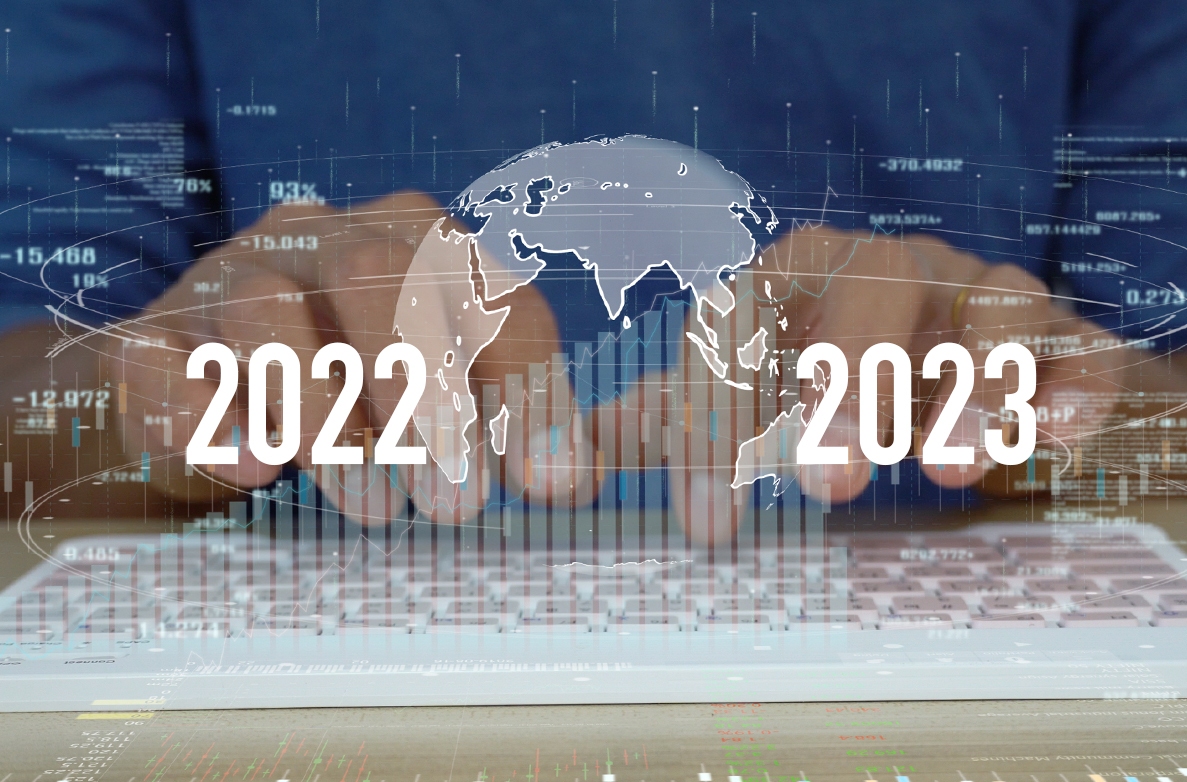AI 1 year ago
Into the Metaverse: Seeking Opportunities Beyond the Hype
Experts around the world are working to replicate the living world, adapt it to the virtual realm and accommodate human interaction there. How will this affect the legal world? And how can legal practitioners operate in the new virtual world and even find appropriate success?

Imagine the world around you – every single aspect of it, from the trees, mountains and buildings that mark the backdrop to the streets that lead you home and the spaces you work in and spend your days. Now imagine that same thing, only this time, imagine it is virtual. That right there could be your future. Doesn’t matter if you didn’t ask for it, welcome to the Metaverse.
Right now, experts around the world are working round the clock to replicate the living world, adapt it to the virtual realm and accommodate human interaction there. Why? Well, that is a question we will ignore for now. What we are more interested in is the ‘how’: How will that be made possible? How far reaching will its influence be? How will this affect the legal world? And how can legal practitioners operate in the new virtual world and even find appropriate success? And so, we dig in.
What exactly is the Metaverse?
As the flagship innovation of Web 3.0, Metaverse is the platform that many are waiting, if not rooting, for it to follow the heels of another ground-breaking invention on the Internet (read past the twittering birds) and fail in spectacular fashion. Regardless of the naysayers, the virtual train chugs on and the plausible speculation that is the Metaverse is now an inevitable reality. So, we will do our best to understand it.
Metaverse is used to represent the entire online virtual environment. It consists of different websites, social networking sites, and games people play online. In the broader sense, it is the same as ‘cyberspace’; yet it is so much more. It goes well beyond what most of us understand to be cyberspace. It offers a plethora of immersive and interactive experiences, effectively revolutionising the way we interact with each other and with digital content.
Its impact on the legal world
While some claim that the Metaverse will eventually replace the physical world, others stand firm on the idea that it will simply supplement reality, serve as an alternative way to engage with the world. Either way, there is no denying that the Metaverse, still arguably in its nascent stages, has already had major impacts on our lives. Experts have predicted that in the next three to five years, many people in the business world will use the Metaverse in varied forms. As is the case with everything else, whether lawyers like it or not, the legal industry too is being dragged into the Metaverse.
As with IRL (In real Life), people in the Metaverse engage, transact, own goods and resources, have relationships, build, conduct businesses, produce Intellectual Property (IP), deal with copyright concerns, and advertise. As with things IRL, crime and a host of other issues too have found a foothold in the Metaverse. It has now become obvious that the Metaverse is perhaps a viable playing field for the legal mind.
Despite the initial trepidation, 2022 saw lawyers take the deep plunge and work with tech experts in building up the Metaverse. From working on the many questions around it, including how laws will apply in the digital space and how people, firms and businesses can protect themselves in the cyberspace to setting up offices in the Metaverse, lawyers have been sharing centre stage in the Metaverse with some of its biggest proponents.
The Metaverse in turn, has offered lawyers a brand-new platform through which they can collaborate, expand their businesses by reaching a geographically diverse clientele and digitally share documents and discuss strategies. It has made it easier for lawyers to work together on complex cases, save time and effort and even at times reduce costs; all the while staying abreast of the latest developments in both the legal and technological fronts.
The unknown is frightening. Yes. But who better to lead the charge in the transition than the best, tech savvy legal minds of our generation who understand the implications, are unafraid of change and are willing to be a part of what is dubbed as the next phase in human evolution. Who knows, maybe there is gold at the end of the digital rainbow?



